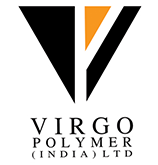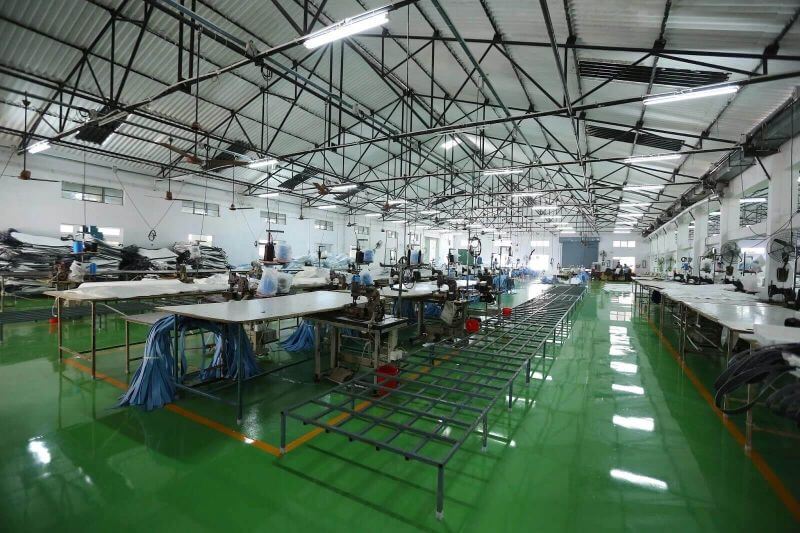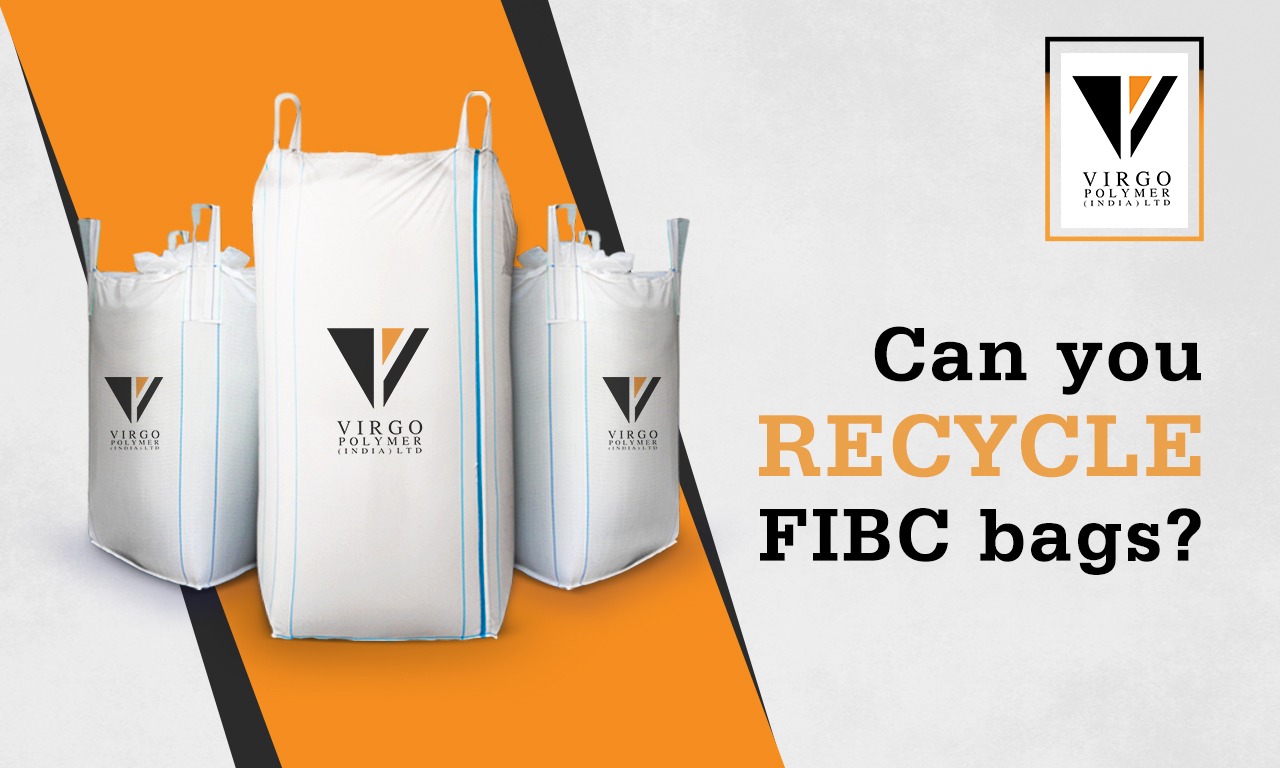



Are you unsure of what to do with discarded bulk bags? While FIBCs are a very effective, economical, and practical way to handle large quantities of different products. They can become a burden on the environment if not disposed of properly when they reach the end of their useful life. Even as we try to make businesses go plastic-free, it is not as simple as it may seem. But the next best thing we can do to safeguard the environment is to reuse and recycle plastics properly.
FIBCs are highly recyclable, and proper recycling techniques can help keep them out of landfills and reduce their impact on the environment. With FIBCs, we can reuse, recycle, and upcycle bulk plastic bags because they are manufactured from virgin polypropylene, which has many great advantages. In this article, we will provide a comprehensive step-by-step guide on how to properly recycle FIBCs.
FIBCs must first be collected before reprocessing can begin. Agriculture, building, and manufacturing are just a few of the sectors where used FIBCs can be sourced from. Before recycling the FIBCs, it's crucial to make sure they are spotless and free of any harmful materials.
Once the FIBCs have been collected, carefully examine them to make sure they are in excellent shape and can be recycled. Look for any imperfections that might affect the structure of the bag, such as tears or holes.
It's crucial to take off any markings, tags, or stickers from the FIBCs before recycling. These substances may obstruct recycling efforts and lower the caliber of recovered goods. Additionally, it's essential to clean the bags of any contaminants like grime or debris.
It's time to cut open the FIBCs after removing the markings and contaminants. The substance inside the bag can now be accessed more easily, which also makes it simpler to clean and process the bag. Making a clean cut along the bag's seams with scissors or a utility knife is simple. Just be cautious not to snag the interior fabric in the process.
Once the FIBC is cut open, empty the material inside. This step is essential to ensure that the material doesn't interfere with the recycling process or contaminate other materials. Depending on the type of material inside the bag, it may need to be sorted or separated before recycling.
It's time to clean the FIBCs after the substance has been removed. To get rid of any last bits of trash, grime, or contaminants from the bags, use a pressure washer or hose. To guarantee that all debris is removed, make sure to thoroughly rinse the bags.
It's important to completely dry the FIBCs after cleaning. Moisture can hinder recycling efforts and lower the caliber of recovered goods. To make sure the bags are fully dry before recycling, hang them up to dry or use a drying rack.
The bags are prepared for reuse or recycling once they have been cleaned and dried. Finding a new use for the bags, such as using them in gardening or as a temporary barrier, is known as repurposing. Recycling entails turning the bags into fresh materials like fibers or pieces of plastic.
FIBCs are usually broken down into small pieces for recycling, they are further then melted down to make new products. The end outcome can be used to make new FIBCs, plastic lumber, or other plastic products, among other things.
To conclude, recycling FIBCs is an essential step in reducing their impact on the environment. By following the steps outlined in this guide, you can ensure that FIBCs are properly recycled and don't end up in landfills. Remember to always inspect and clean FIBCs before recycling them to ensure that the resulting product is of high quality
At Virgo Polymers, we work ethically to reduce our carbon footprint while also producing high-quality FIBC bags for a variety of sectors. Get in touch with us if looking for an easy solution to all of your bulk packaging requirements.
Contact us to know more @ Mobile: +91 90030 48815 Or email us at info@virgopolymer.com
